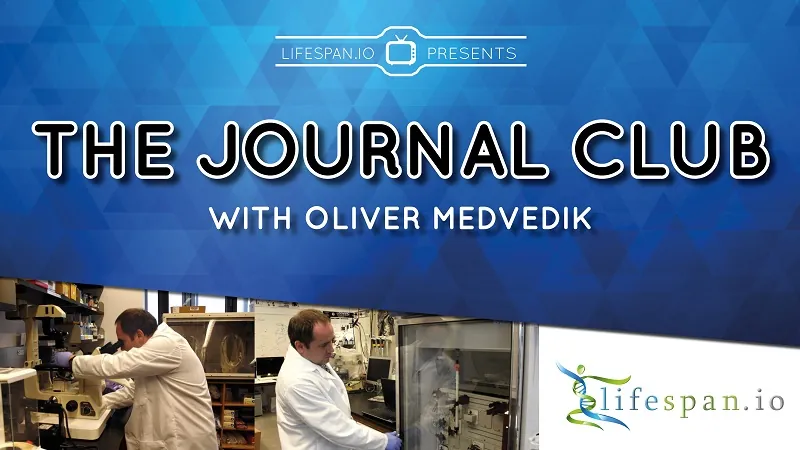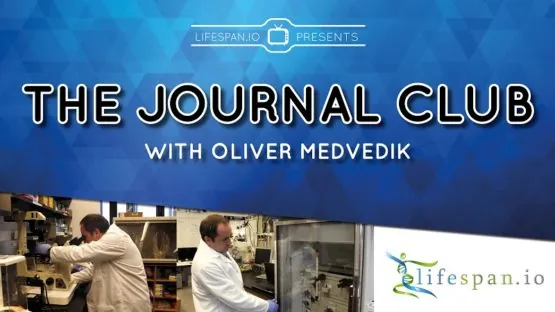Journal Club, hosted by Dr. Oliver Medvedik, will return on July 26, 2022 12:00 PM Eastern Time. This month, we are going to be taking a look at a recent paper where researchers showed that old human skin rejuvenated when implanted in young mice [1]. The study helps to pave the way for therapies that may one day rejuvenate aged organs and tissues.
Abstract
Transplanting aged human skin onto young SCID/beige mice morphologically rejuvenates the xenotransplants. This is accompanied by angiogenesis, epidermal repigmentation, and substantial improvements in key aging-associated biomarkers, including ß-galactosidase, p16ink4a, SIRT1, PGC1α, collagen 17A, and MMP1. Angiogenesis- and hypoxia-related pathways, namely, vascular endothelial growth factor A (VEGF-A) and HIF1A, are most up-regulated in rejuvenated human skin. This rejuvenation cascade, which can be prevented by VEGF-A-neutralizing antibodies, appears to be initiated by murine VEGF-A, which then up-regulates VEGF-A expression/secretion within aged human skin. While intradermally injected VEGF-loaded nanoparticles suffice to induce a molecular rejuvenation signature in aged human skin on old mice, VEGF-A treatment improves key aging parameters also in isolated, organ-cultured aged human skin, i.e., in the absence of functional skin vasculature, neural, or murine host inputs. This identifies VEGF-A as the first pharmacologically pliable master pathway for human organ rejuvenation in vivo and demonstrates the potential of our humanized mouse model for clinically relevant aging research.
Literature
[1] Keren, A., Bertolini, M., Keren, Y., Ullmann, Y., Paus, R., & Gilhar, A. (2022). Human organ rejuvenation by VEGF-A: Lessons from the skin. Science Advances, 8(25), eabm6756.


